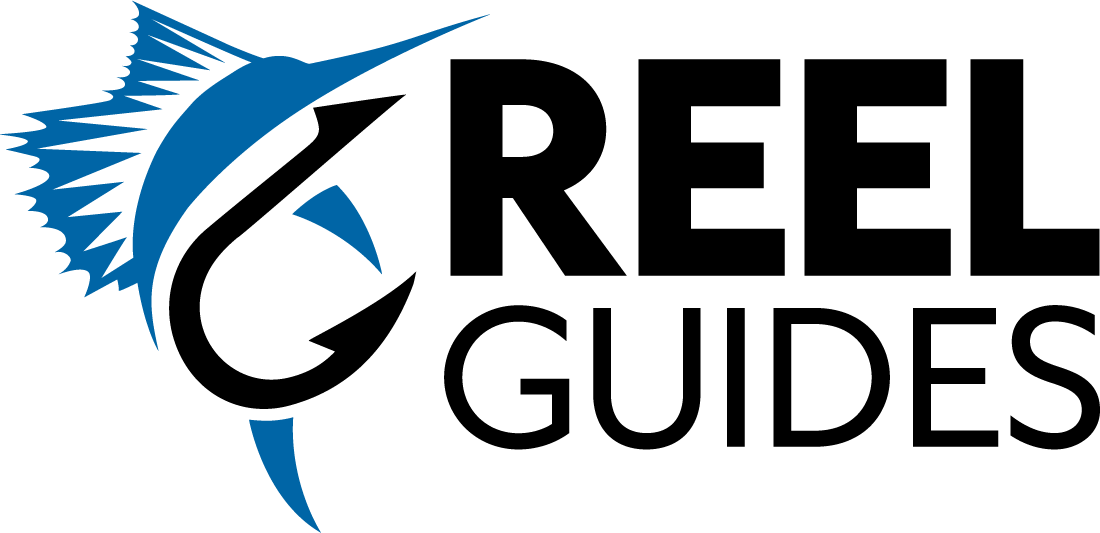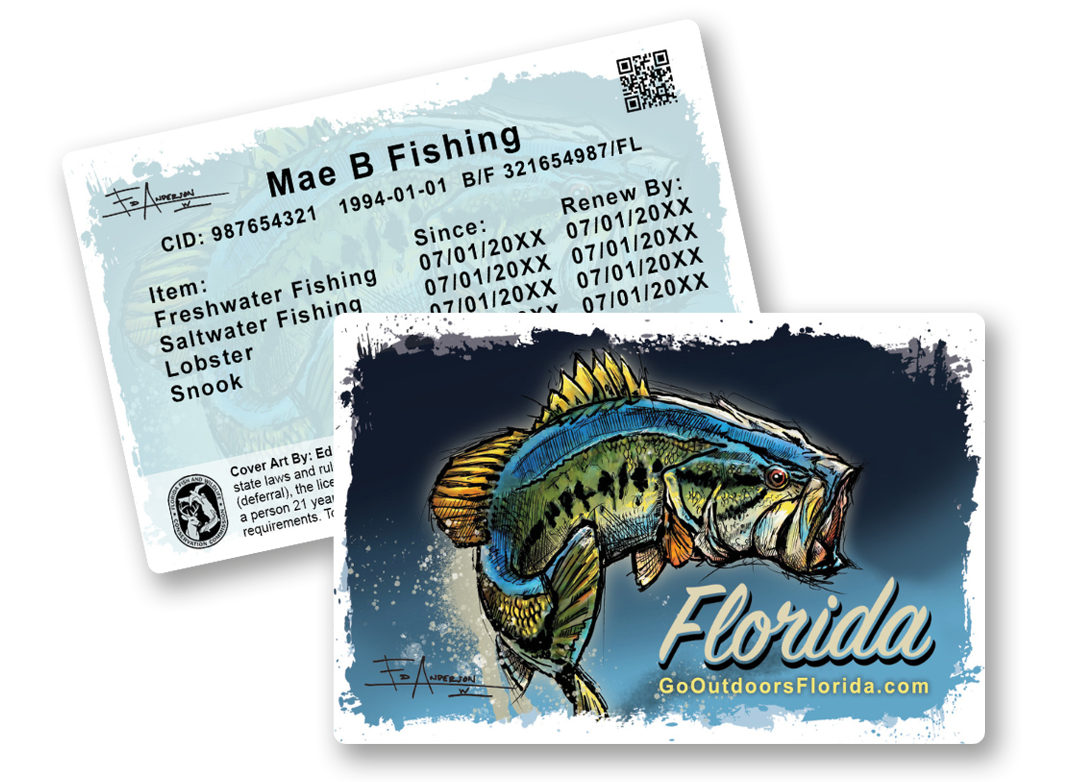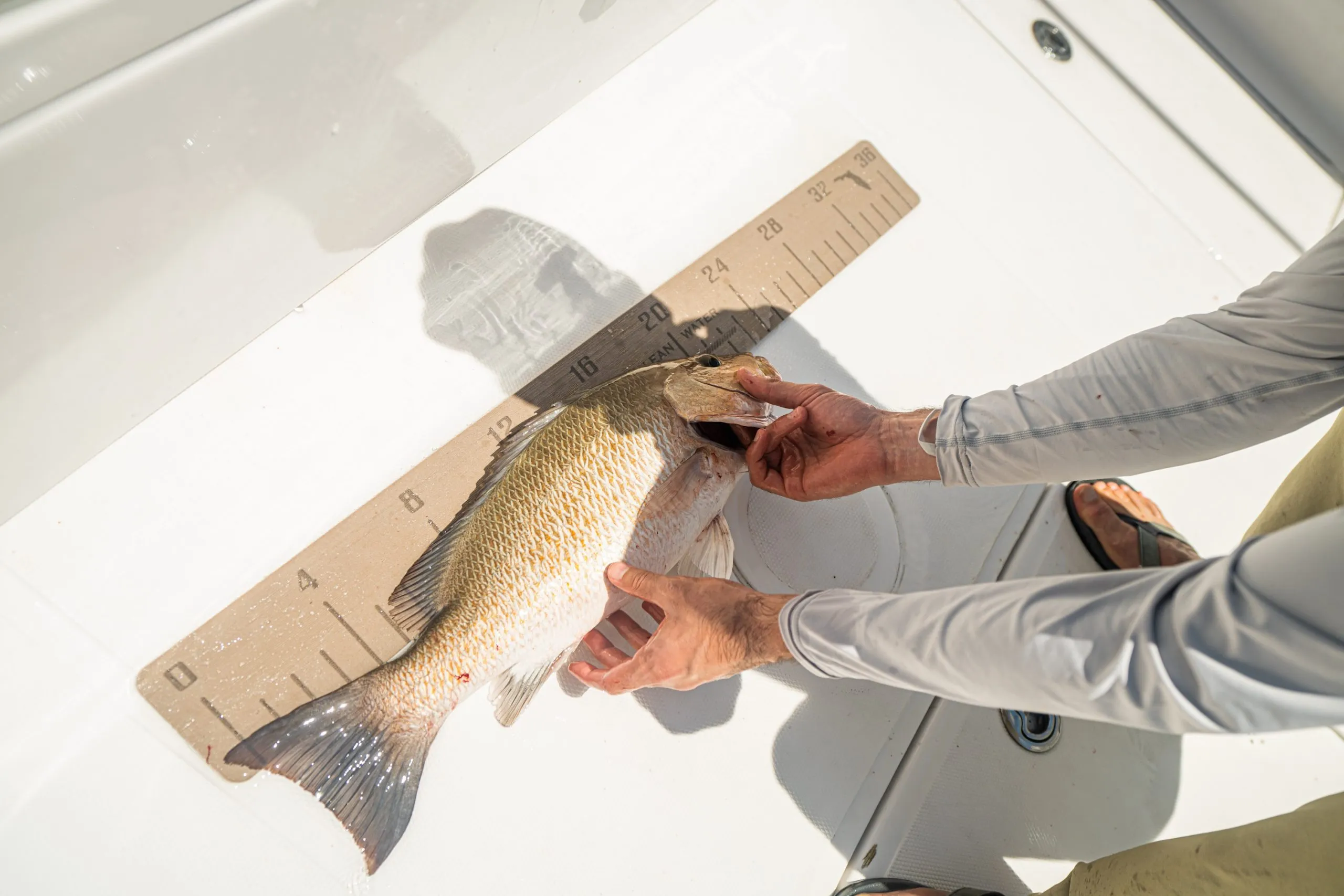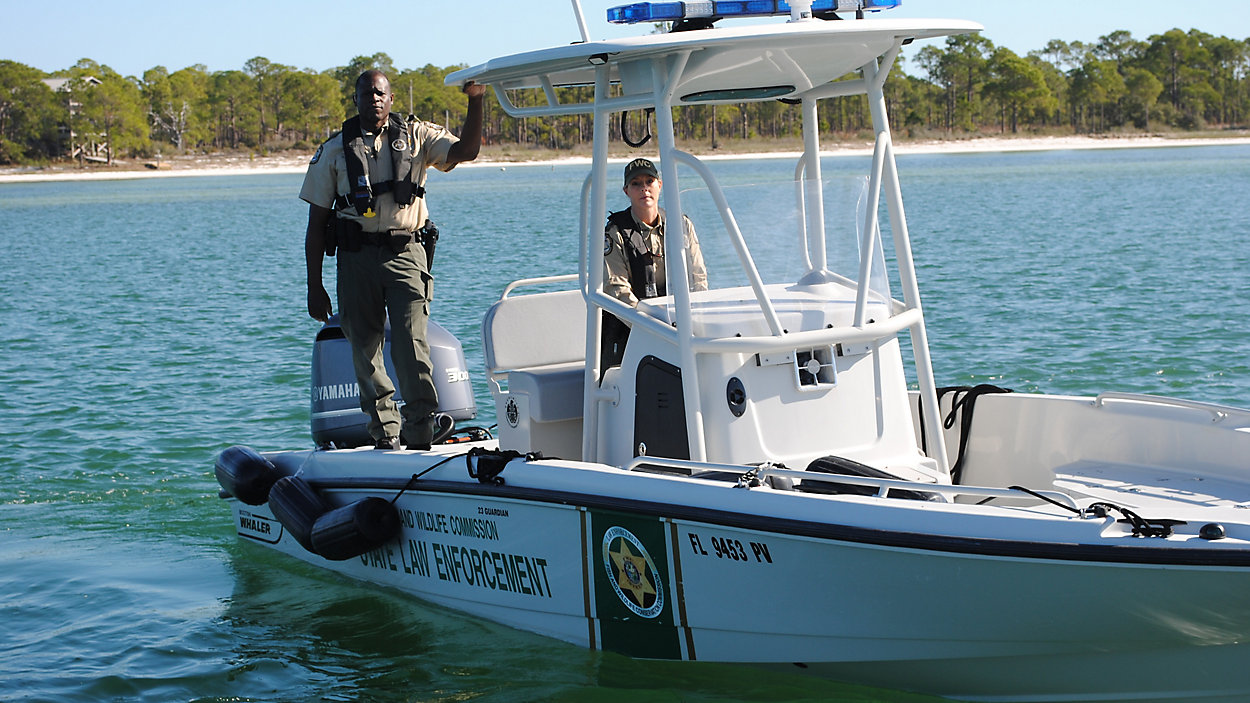Florida Saltwater Fishing Regulations: 5 Most Commonly Asked Questions
Written By: Captain Kody Michael
1. Do You Need a Fishing License for Saltwater?
Yes, in Florida, you do need a license for saltwater fishing. The purpose of these licenses is to support conservation efforts, manage fish populations, and promote sustainable fishing practices throughout Florida’s saltwater bodies.
The Florida Fish and Wildlife Conservation Commission (FWC) oversees saltwater fishing regulations in the state. These regulations mandate that anglers must possess a valid Florida saltwater fishing license to engage in fishing activities, whether from shore, a pier, a boat, or any other watercraft.
Florida’s saltwater fishing regulations are comprehensive and cover various aspects including licensing requirements, bag limits, size limits, and fishing seasons.
It’s important for anglers to familiarize themselves with these regulations to ensure compliance and avoid penalties. Additionally, specific guidelines apply to obtaining a Florida saltwater fishing license, with options available for annual licenses, short-term licenses, and exemptions for certain groups, such as seniors or veterans.
The FWC’s website provides detailed information on the different types of licenses available and how to obtain them, making it easy for anglers to navigate the licensing process.
For anglers looking for long-term solutions, Florida also offers lifetime fishing licenses, which provide lifelong access to saltwater fishing opportunities in the state. Additionally, individuals interested in operating fishing charters or commercial fishing activities may need to obtain a captain’s license from the FWC.
By adhering to Florida’s saltwater fishing regulations and obtaining the necessary licenses, anglers can enjoy a rewarding and sustainable fishing experience in these beautiful coastal waters.
2. Where Do I Get a Florida Saltwater Fishing License?
You can easily obtain a Florida saltwater fishing license through various channels. One option is to purchase it online through the FWC’s official website. Here you can explore different types of licenses, including annual, short-term, and lifetime options.
Alternatively, you can visit FWC-approved retailers or county tax collector’s offices across Florida to apply for a license in person.
Additionally, individuals interested in operating fishing charters or engaging in commercial fishing activities may need to obtain a captain’s license from the FWC.
By adhering to Florida’s saltwater fishing regulations and obtaining the necessary licenses, anglers can enjoy a rewarding and legally compliant fishing experience in Florida’s vibrant coastal waters.
3. What Happens if I Get Caught Without a Fishing License?
If you are caught fishing without a valid fishing license in Florida, you may face consequences under Florida Fish and Wildlife Conservation Commission (FWC) regulations. Florida’s fishing regulations mandate that anglers must possess the appropriate fishing license based on the type of fishing activity and location.
Failure to comply with these regulations can result in penalties and fines. The FWC enforces these regulations to ensure the sustainability of fish populations, support conservation efforts, and promote responsible fishing practices among anglers.
The penalties for fishing without a license in Florida can vary depending on the circumstances. Anglers caught fishing without a valid fishing license may receive citations or fines, which can range from monetary penalties to court appearances.
Additionally, repeat offenses or deliberate violations of fishing regulations may result in more severe consequences, such as license suspensions or revocations. It’s crucial for anglers to familiarize themselves with Florida’s fishing regulations, including the requirements for obtaining and carrying fishing licenses, to avoid legal issues while enjoying recreational fishing activities.
To prevent penalties and ensure compliance with all regulations, anglers should obtain the necessary fishing licenses, such as a Florida saltwater fishing license or a lifetime fishing license if applicable, before engaging in fishing activities.
By adhering to these regulations, anglers can contribute to the conservation of Florida’s marine resources and enjoy a fulfilling fishing experience within the bounds of the law.
4. How Can I Ensure Adherence to Florida’s Saltwater Fishing Regulations?
To ensure you are abiding by fishing regulations, especially regarding fish seasons and size limits, there are several additional steps you can take:
-
Research Regulations
Familiarize yourself with the fishing regulations specific to the area where you plan to fish. Check the official website of the local fisheries department or conservation commission for up-to-date information on fish seasons, size limits, bag limits, and any special regulations or closures.
-
Consult Fishing Guides
Purchase or access fishing guides or handbooks that provide detailed information on fish species, their seasons, and the regulations governing their harvest. These guides often include illustrations or descriptions of fish species to help you identify them accurately.
-
Use Fishing Apps
Utilize fishing apps or online tools that provide real-time updates on fishing regulations, including fish seasons and size limits. Some apps even allow you to input your location and species of interest to receive customized information.
-
Attend Workshops or Seminars
Attend fishing workshops or seminars hosted by local fisheries departments, conservation groups, or fishing organizations. These events often cover fishing regulations, species identification, and best practices for sustainable fishing.
-
Follow Catch-and-Release Practices
Consider practicing catch-and-release fishing, especially for species with strict size limits or during closed seasons. Release fish carefully and quickly to minimize stress and increase their chances of survival.
-
Keep Records
Keep a log or journal of your fishing trips, noting the species caught, their sizes, and any regulations you followed. This record-keeping can help you track your compliance with fishing regulations and identify areas for improvement.
-
Be Prepared for Inspections
Carry your fishing license, identification, and any necessary permits or tags with you while fishing. Be aware that fisheries officers may conduct inspections to ensure anglers are following regulations.
By taking these additional steps and staying informed about fishing regulations, you can contribute to sustainable fishing practices, protect fish populations, and enjoy a rewarding and responsible fishing experience.
5. If I Get Pulled Over By An FWC Officer What Should I Do?
If you get pulled over by a Florida Fish and Wildlife Conservation Commission (FWC) officer while fishing or boating, it’s essential to remain calm and cooperative.
Here are some steps to follow to ensure that you are adhering to Florida’s saltwater fishing regulations:
-
Comply with Instructions
As soon as you are signaled to stop by an FWC officer, safely maneuver your boat or vehicle to the side of the waterway or road. Follow any instructions given by the officer promptly and respectfully.
-
Provide Identification
Upon request, provide your fishing license, identification, and any permits or tags required for your fishing or boating activity. Keep these documents readily accessible during your fishing trip to expedite any potential inspections.
-
Answer Questions Honestly
Be honest and straightforward in your interactions with the FWC officer. Answer any questions regarding your fishing activity, catch, equipment, or compliance with fishing regulations truthfully and to the best of your knowledge.
-
Follow Instructions for Inspection
If the FWC officer conducts an inspection of your catch, equipment, or boat, cooperate fully and follow their instructions. Keep your catch separated and identifiable if there are specific regulations or size limits for certain species.
-
Ask for Clarification
If you are unsure about any regulations or procedures during the encounter, don’t hesitate to ask the FWC officer for clarification or guidance. They are there to ensure compliance with fishing and boating regulations and can provide valuable information.
-
Stay Calm and Respectful
Maintain a calm and respectful demeanor throughout the interaction with the FWC officer. Avoid arguing, becoming defensive, or exhibiting confrontational behavior, as this can escalate the situation unnecessarily.
-
Address Citations or Violations
If the FWC officer issues citations or identifies violations during the inspection, address them according to the officer’s instructions. Follow any procedures for contesting citations or resolving violations as outlined by the FWC.
By following these guidelines and cooperating with FWC officers during encounters, you can help ensure a smooth and professional interaction while demonstrating your commitment to responsible fishing and boating practices.
Conclusion
In conclusion, ensuring compliance with Florida’s saltwater fishing regulations and guidelines is crucial for every angler and boater. Understanding the need for a fishing license as well as adhering to Florida FWC fishing regulations, helps protect marine resources and supports sustainable fishing practices.
By obtaining the necessary licenses, staying informed about fish seasons and size limits, and following best practices for responsible fishing, anglers can enjoy their fishing adventures while contributing to conservation efforts.
Remember, cooperation and respect during interactions with FWC officers are key, and addressing any citations or violations promptly ensures continued enjoyment of Florida’s beautiful waterways. Stay informed, stay responsible, and enjoy the thrill of fishing while preserving the marine ecosystems for future generations.
Looking to book a saltwater fishing charter in Florida?
At Reel Guides, we have the best trips out there!
Click here to browse and book your next fishing adventure!





